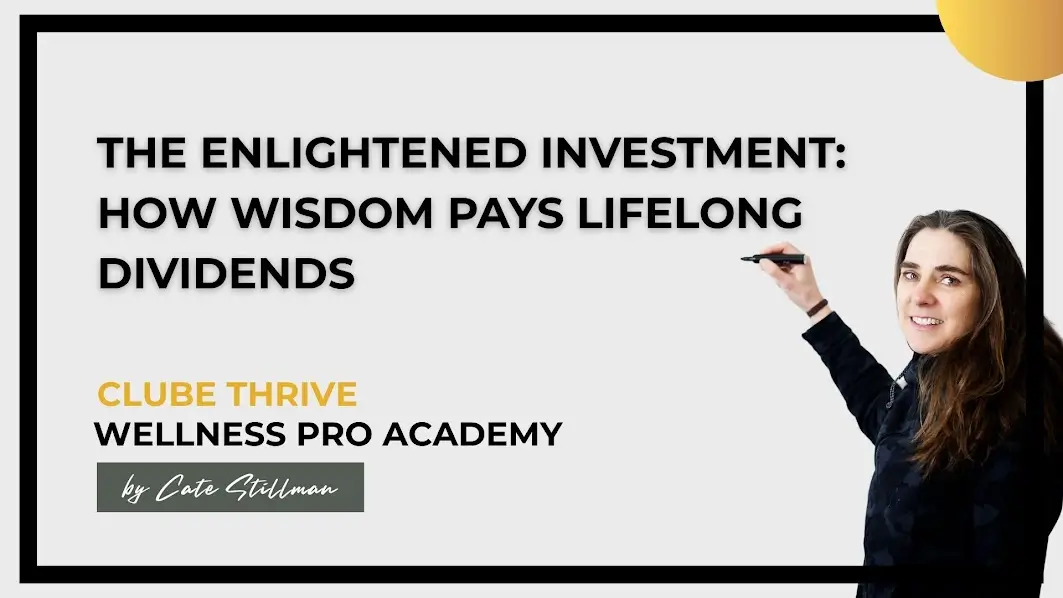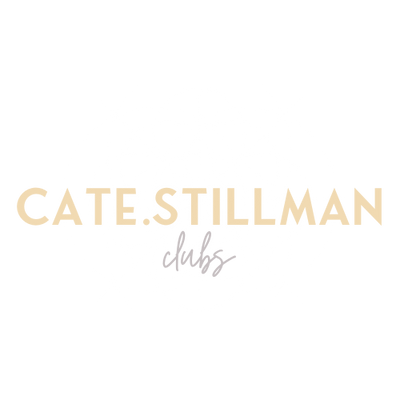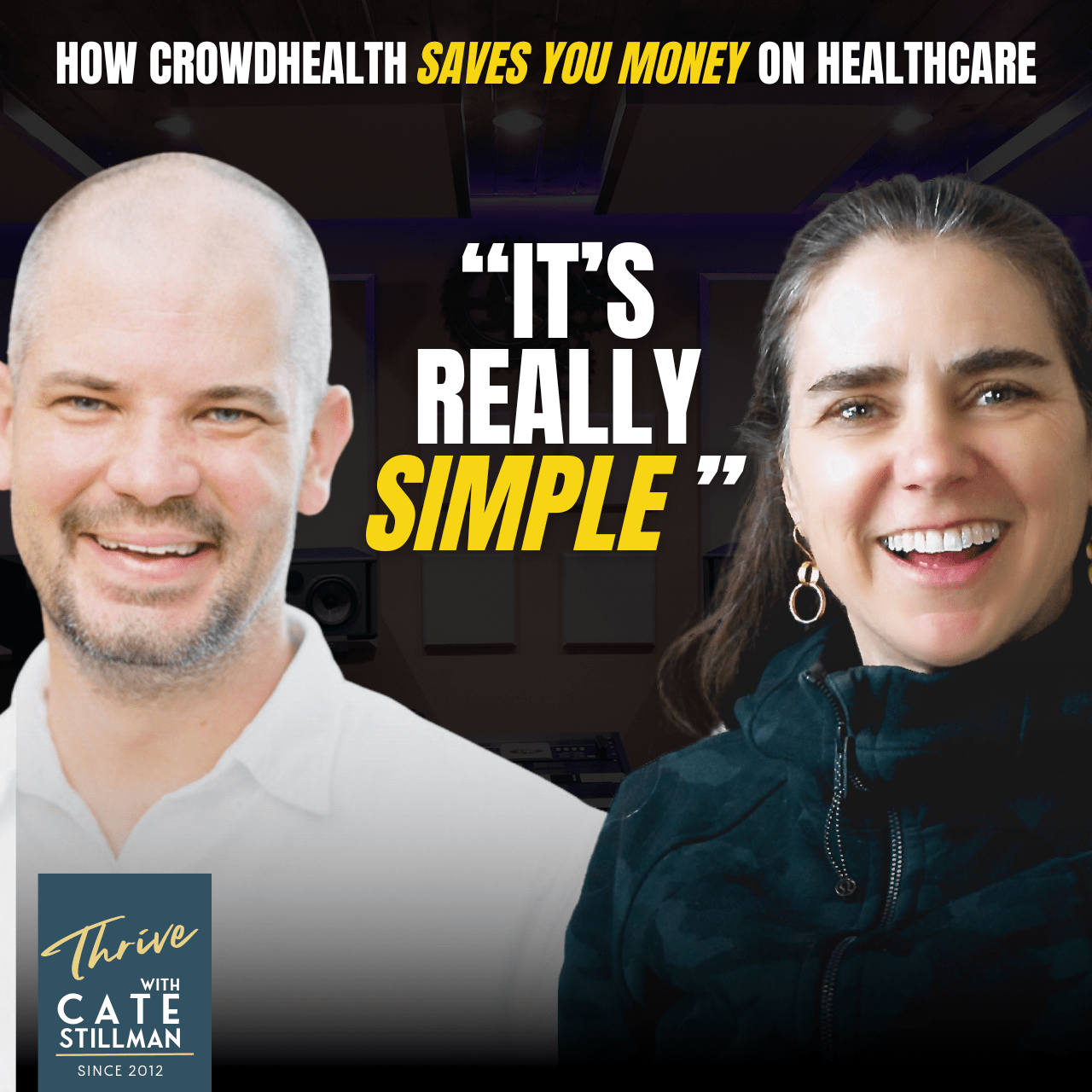
The Enlightened Investment: How Wisdom Pays Lifelong Dividends
In our journey through life, few pursuits are as valuable as the cultivation of wisdom and self-worth. These twin pillars form the foundation of a life well-lived, allowing us to navigate challenges with grace and to recognize our inherent value in a world that often measures worth through external metrics.
The Value of Wisdom
Wisdom isn’t merely accumulated knowledge, but rather the ability to distill experience into understanding. As noted in the Master of You workbook, “On the path to smarter habits you churn your experiences into wisdom. You discover truth. The wiser you become, the more you trust yourself, and the better you design your experience.”
This process of transformation—turning raw experience into refined wisdom—is perhaps one of our most valuable capabilities as humans. When we develop wisdom, we gain the ability to make better decisions, to see patterns more clearly, and to design our lives with intention rather than simply reacting to circumstances.
Growth Communities: The Accelerated Path to Wisdom
One of the most powerful insights from these works is that wisdom develops faster and more completely in community. We are, after all, “an ultra-social species.” The chapter on Wisdom emphasizes that “we evolve more completely when we do it together.”
Strong growth communities share several key characteristics:
- A shared vision and common language
- Infrastructure for step-by-step development
- Guides who have walked the path before
- An investment requirement that creates commitment
- Periodic open-door events to welcome newcomers
Finding such a community isn’t just a nice-to-have—it’s a crucial investment in our own development. The right community challenges us to grow beyond our current limitations. As Jim Rohn wisely advised,
“Don’t join an easy crowd; you won’t grow. Go where the expectations and the pressure to perform are high.”
Self-Worth and Investment
Perhaps one of the most transformative realizations on this journey is that you are your own best investment. The workbook asks us to consider: “what will gain value rather than lose value with time?” The answer, invariably, is you—your capabilities, your wisdom, your health, and your potential.
This shift in perspective—from seeing yourself as a consumer to seeing yourself as an asset worthy of investment—changes everything. It transforms how you spend money, how you allocate time, and how you direct your energy.
As you begin to value yourself appropriately, you naturally seek out experiences, communities, and practices that enhance your growth rather than merely entertaining you or providing temporary comfort.
Perhaps one of the most transformative realizations on this journey is that you are your own best investment. The workbook asks us to consider: “what will gain value rather than lose value with time?” The answer, invariably, is you—your capabilities, your wisdom, your health, and your potential.
This shift in perspective—from seeing yourself as a consumer to seeing yourself as an asset worthy of investment—changes everything. It transforms how you spend money, how you allocate time, and how you direct your energy.
As you begin to value yourself appropriately, you naturally seek out experiences, communities, and practices that enhance your growth rather than merely entertaining you or providing temporary comfort.
Architecting Your Environment for Success
A critical aspect of honoring your self-worth is designing your environment to support your highest aspirations rather than your lowest impulses. The chapter on Architect reminds us that “Budding habits need reinforcement” and that we should “design any environment—your home, your fridge, your office, your car—to help you succeed.”
This intentional design applies not just to our physical spaces but to our internal landscape as well. The concept of architecting your epigenome—the environment that surrounds and supports your genetic material—offers a powerful metaphor for how our daily choices shape our potential at the most fundamental level.
Finding Your Purpose
When we value ourselves appropriately and cultivate wisdom, we naturally begin to seek meaning and purpose. As noted in the Purpose chapter, “As your habits improve, inflammation exits. You graduate from survival mode to enter thrive mode. The natural instinct then is to crave a meaningful life.”
This suggests that the desire for purpose isn’t something we need to manufacture—it emerges naturally when we care for ourselves properly and clear away the obstacles of chronic stress, poor nutrition, and disconnection from community.
The yogic tradition offers a beautiful framework for understanding this process through the chakra system, where “the sixth chakra, or third eye, and the fourth heart chakra, the indicator of emotional significance, work like reflecting mirrors.” This alignment of vision and heart creates what the yogis call “sadhaka pitta—the force that aligns life-vision to heart.”
Conclusion: The Ultimate Investment
In a world that often encourages us to invest in external possessions and fleeting experiences, perhaps the most radical act is to invest in our own wisdom and self-worth. As we do so, we discover that true wealth isn’t measured by what we own but by who we become.
By designing our environments to support our growth, joining communities that challenge us to evolve, and orienting our lives around meaningful purpose, we make the ultimate investment—one that continues to pay dividends throughout our lives and potentially beyond.
As Peter Block reminds us, the most important question becomes: “What can we create together?” When we value ourselves appropriately and develop wisdom, the answer to that question expands beyond what we could have previously imagined.


